- HOME
- Sustainability
- Social
- Human Rights
Respect for human rights
Respect diverse cultures and ways of thinking and promote respect for human rights
The JAT Group welcomes a variety of customers from across Japan and around the world. We thus have a crucial responsibility to respect diverse cultures and ways of thinking, as well as to respect human rights in the supply chain and throughout our business, merchandise sales and food and beverage (F&B) businesses included.As the foundation of our company, we will promote inclusiveness such as diversity and inclusion and respect for human rights, and proceed with our business activities.
JAT Group Human Rights Policy
In view of its mission as a corporate group responsible for the construction, management and operation of passenger terminals that are of highly public nature, the Japan Airport Terminal Group recognizes that respect for human rights is a corporate responsibility and an important issue. we will build a promotion system under our Sustainability Basic Policy in order to carry out our business in a sincere and fair manner while giving due consideration to human rights in accordance with the Policy, and fulfill our responsibility to respect human rights for all people who may be affected by our business activities.
Participation in the UN Global Compact
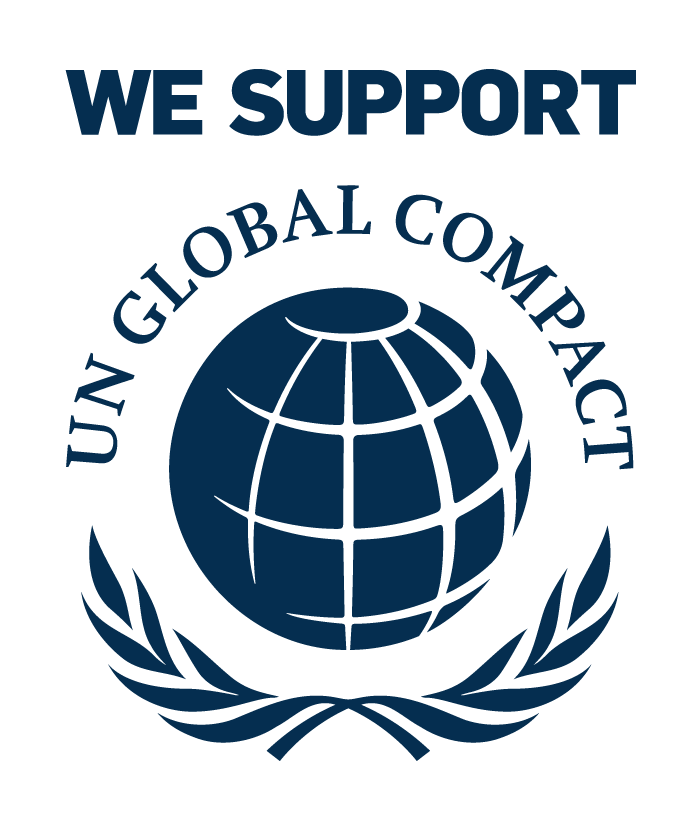
In August 2024, our group signed the United Nations Global Compact. We are committed to supporting the 10 principles, which consist of the four areas of "human rights," "labor," "environment," and "anti-corruption," and will continue to actively engage in these efforts.As a corporate group that welcomes a wide range of customers from around the world and throughout Japan and is responsible for the construction, management, and operation of highly public terminals, we will further strengthen our efforts to promote sustainability and sustainable growth.
Declaration of partnership building
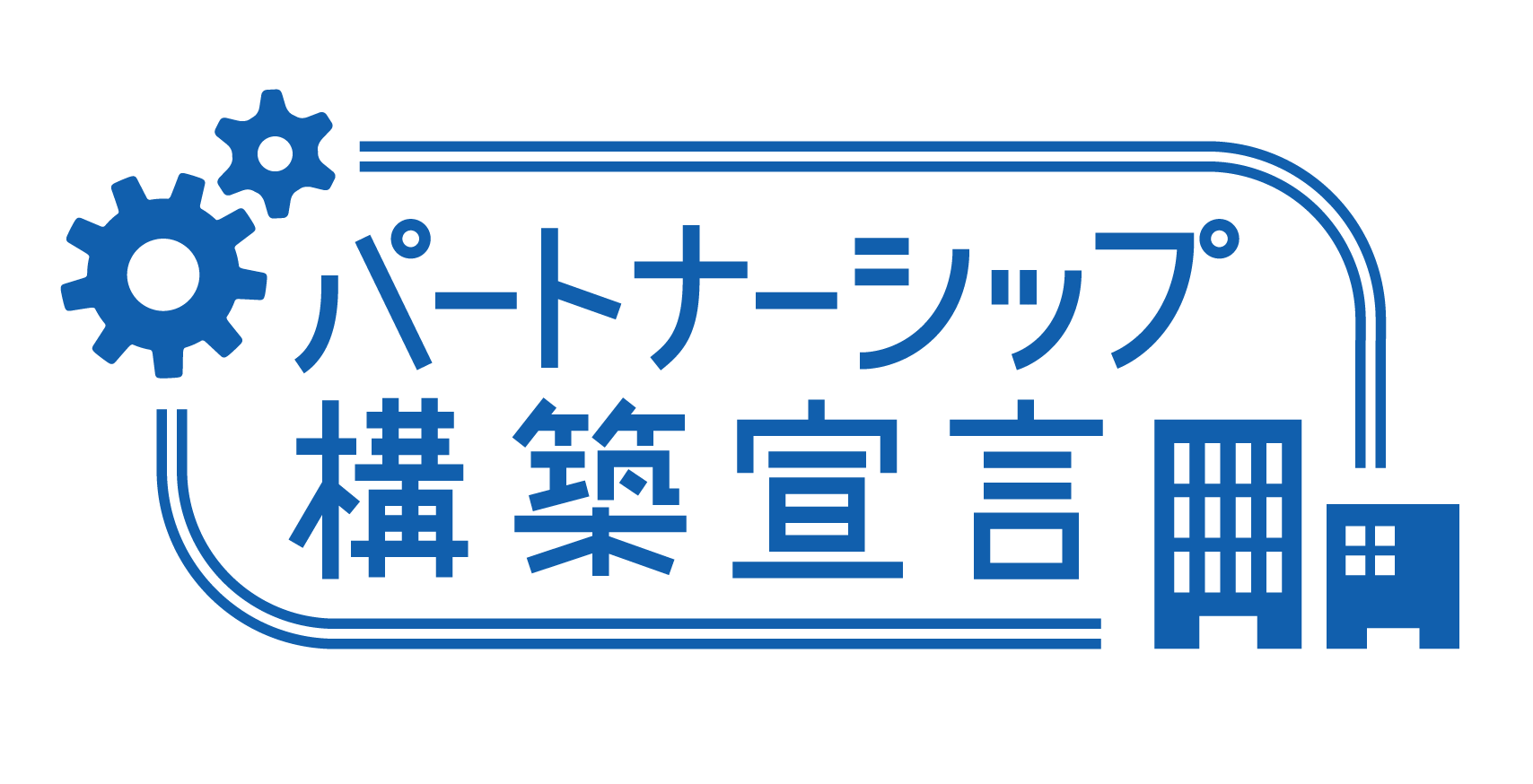
As our group collaborates with many business partners and businesses in operating airport terminals, we have published a "Declaration of partnership building" with the aim of promoting proper supply chain management and fair procurement practices. We will strive to build new partnerships by promoting cooperation and coexistence and co-prosperity with supply chain business partners and businesses that aim to create value.
Human rights due diligence
To promote respect for human rights in our business activities, we have devised policies and procedures related to human rights and procurement, and conduct human rights due diligence (DD). In determining human rights themes to be addressed, we incorporate the opinions of outside experts through dialogue, in addition to discussions in each subcommittee. We are working to address identified issues and disclose information as appropriate.
Human Rights DD Implementation Process
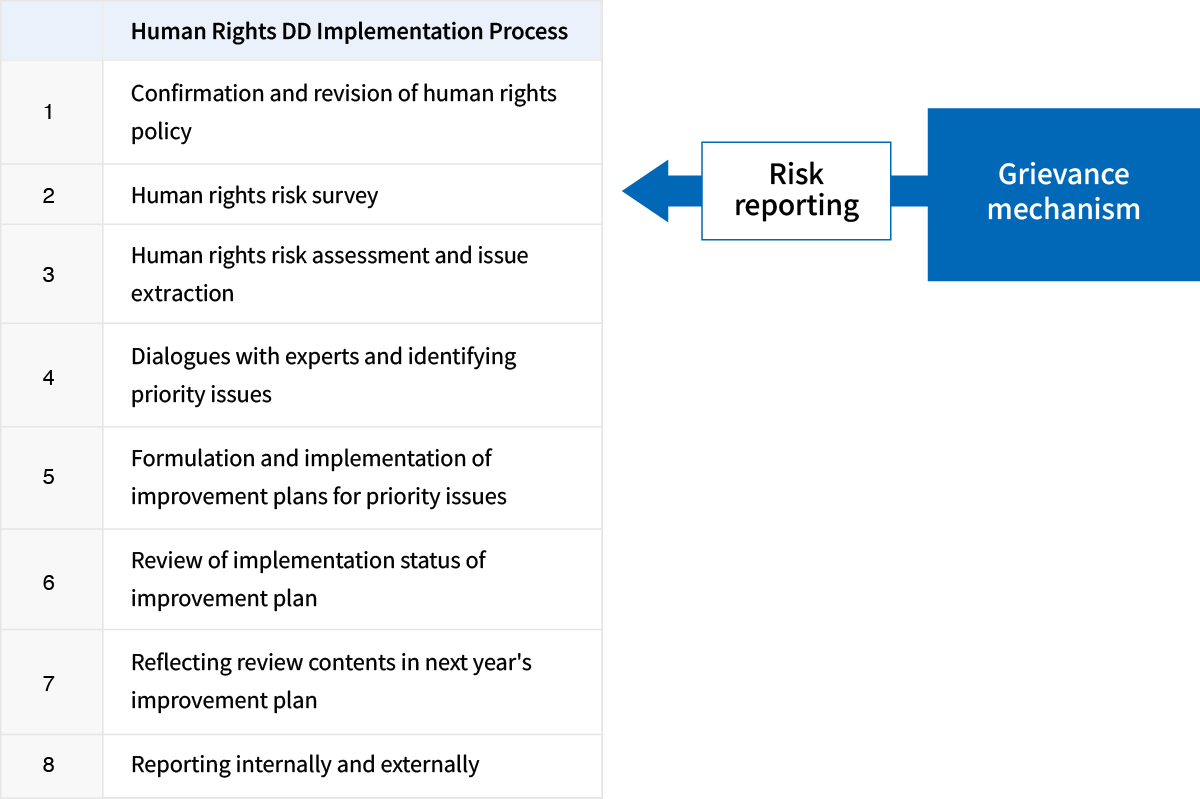
Engagement in Human Rights Issues
| Step 1 Human rights risk surveys |
|
|---|---|
| Step 2 Current conditions, future risks |
|
| Step 3 Dialogues with experts |
|
| Step 4 Human rights themes |
|
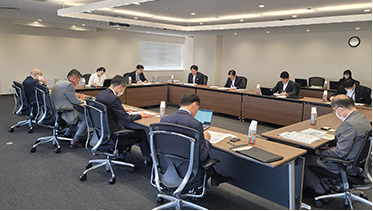

Step 3Dialogue with experts held August 16,
2023
Participating external experts Members of Sustainability Governance Consulting
Div.,
Human Resources Governance Leaders Co., Ltd.
Engagement in Human Rights Issues
Issue 1
Ascertaining working conditions at partner companies involved in facility management
Amid labor shortage concerns, it is important to ensure that work environments are properly maintained by subcontractors that manage facilities. We therefore assess the working environment in the areas of security and cleaning through questionnaires and other methods, discussing mitigation policies if a negative impact was confirmed.
In FY2024, we held interviews with two cleaning partner companies and two security partner companies, having a wide range of dialogues on the state of hiring management and working conditions, and awareness of issues and requests for improvement regarding respect for human rights.
Although we confirmed that employee labor (including of dispatched employees) is being managed appropriately, and efforts are also continuously being made to improve working conditions, including measures against severe heat, we also confirmed that some break spaces, etc., are becoming cramped in areas with facility constraints due to the increase of necessary staff at each company caused by the sudden recovery of air travelers.
Therefore, after further investigation of the state of the sites, we examined alleviation plans with those involved to take measures to improve.
As we sorted out the issues and course of action through these dialogues, we will continue to investigate other security and cleaning partner companies, and to investigate distribution partner companies as new target operations, in the next fiscal year and beyond, based on the results of studying our business partners’ conformity with guidelines.
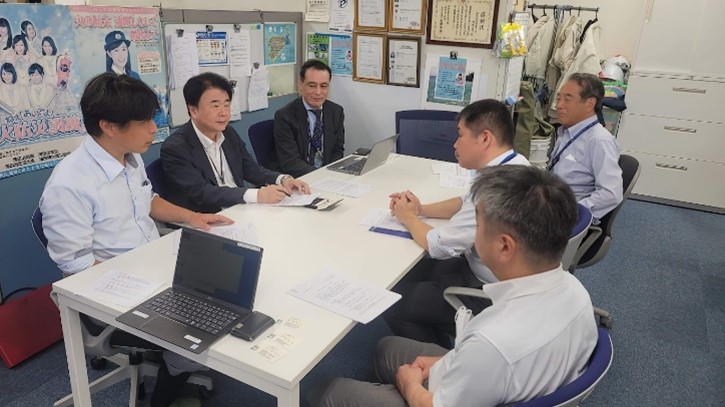
Issue 2
Identifying supply chain human rights risks in merchandise sales and the restaurant business
As Japan’s premier gateway to the skies, it is important that we reduce supply chain risks related to the products we provide. We first must identify human rights risks in the supply chain through questionnaires and interviews, giving priority to our original clothing products and the coffee we serve at our directly managed stores. In the event that areas needing improvement are identified, we discuss remedial measures.
In FY2024, we held dialogues based on plans for improvement with a total of six companies, including a company from which we purchase leaves for tea products, a company that manufactures cashmere products, a business partner that deals in coffee beans, and an important business partner for the sale of cacao at our directly managed stores. Based on the results of our investigation, we confirmed that risks related to human rights were being appropriately managed.
We will continue to hold regular dialogues with our business partners going forward to determine progress in the shift toward sustainable products.
Other human rights-related issues
Although human rights risk surveys confirm that the system for rapid risk identification and remedial action is functioning, we have identified the following three items that we will continue to monitor and address to ensure that future changes in the social environment do not have a negative impact on human rights.
-
Creating a comfortable working environment for employees
We will strengthen cooperation between related departments and continuously monitor whether there is any impact on the working environment due to the concentration of work on individuals with specific qualifications and skills due to labor shortages, or the intensification of abnormal weather, and strive to maintain and improve a comfortable working environment by improving work efficiency through the use of digital 11 transformation. In addition, under the management of the Compliance Committee, we will continue to work to prevent harassment by thoroughly providing compliance education, and thoroughly identify cases through the internal reporting system and respond to identified cases as soon as possible. -
Management of users' personal information
In accordance with the privacy policy and personal information management regulations, we will thoroughly manage personal information, and to ensure that future more sophisticated and frequent cyber attacks do not lead to the leakage of users' personal information, the Risk Management Committee will set cybersecurity measures as a company-wide priority risk item and steadily promote PDCA management. -
Response to diversifying users
We will strengthen cooperation between related departments, strengthen our understanding of “customer feedback” that leads to respect for human rights, such as improving accessibility and communication, and promote proactive responses to ensure that changes in society and user awareness and needs do not lead to human rights risks. -
Other
Although we do not cause, encourage, or have direct involvement in human trafficking using air transportation, we will promote collaboration with business partners such as airlines that are working to prevent it, to see if there are any areas in which we can contribute as the gateway to Japan's skies.
